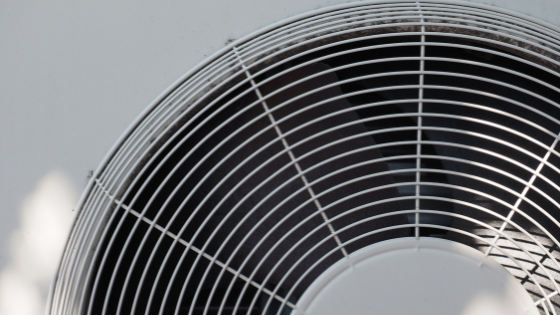MERV stands for minimum efficiency reporting value. A MERV rating measures how effectively a filter blocks dust and other contaminants between 0.3 and 0.10 microns in size from passing through. The higher the rating, the more efficient the filter is in trapping small particles.
Filters with a MERV 13 rating or lower are used in homes and commercial buildings. MERV 14 through MERV 20 filters are used in clean manufacturing rooms, surgical operating rooms, and other environments that require extreme cleanliness.
It’s important to understand that homeowners don’t necessarily need the highest rated air filter. The air filter must be compatible with the HVAC system, or it can impair performance.
MERV 1-6
These filters are hardly ever used and have the effectiveness of paper towels.
MERV 6-8
These filters are inexpensive and offer minimum filtration in HVAC systems. MERV 6-8 filters are unable to effectively catch large portions of airborne particles and aren’t recommended for homes with individuals suffering from asthma or other allergies. Households without furry pets can get by with this low-level filter.
MERV 8-10
These filters are commonly used in residential homes and can remove pollen, mold, and mildew spores. MERV 8-10 filters are still affordable and offer relief for individuals suffering from allergies.
MERV 11-13
These moderately-priced filters can effectively remove contaminants in homes with pets. MERV 13 air filters are considered the gold standard for residential HVAC systems.
MERV 14 and higher
These filters are not recommended for home HVAC systems because they’re designed for heavy-duty filtration. They are large and bulky, severely restricting air flow because they are made with smaller pores to capture smaller particles.
In homes, a MERV or higher air filter can negatively impact air quality in the home and place unnecessary strain on the HVAC system.
When replacing an air filter, remember that the filter and HVAC unit must be compatible. It’s a good idea to stick to the MERV rating of the current filter. If you’d like to improve indoor air quality, consider using an in-home air purifier. You’re also welcome to call Tucker Hill for additional recommendations.

